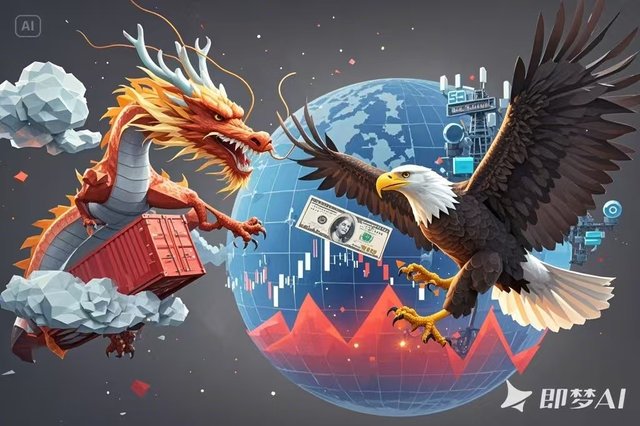Recent Trade War News and Analysis
News Report: The global trade landscape continues to be impacted by the lingering effects of trade tensions. For instance, the trade policy dynamics between the U.S. and several economies remain under close scrutiny. The U.S. government's previous decision to impose tariffs on a range of imported goods continues to shake the international trade order. Although there are signs of easing in some sectors, trade barriers still persist in areas such as high-tech products and agricultural goods.
At the same time, the European Union has taken a series of proactive measures in response to trade friction. On one hand, the EU is negotiating with the U.S. over trade disputes, while on the other hand, it is strengthening domestic industrial support policies to mitigate the impact of external trade shocks on its economy.
In emerging economies, India has recently adjusted tariffs on some imported products. Although these changes are not explicitly part of the trade war, they have triggered market speculation given the broader context of global trade sensitivity.
Analysis: Complex Motivations Behind U.S. Trade Policy: The U.S.'s previous tariff hikes were ostensibly aimed at reducing the trade deficit, but the deeper motivations include the protection of specific domestic industries (such as manufacturing) and political considerations linked to elections. Despite some loosening of certain tariff measures, the restrictions on core high-tech sectors are designed to curb the rise of competitors' technologies, preserving the U.S.'s position at the top of the global tech supply chain.
The European Union’s Multifaceted Response Strategy: The EU's negotiations with the U.S. aim to resolve trade disputes diplomatically, avoiding the escalation of trade tensions that could harm the EU economy further. At the same time, the EU is ramping up support for its own industries, which helps to boost its competitiveness in the global market. For instance, investments in the green energy sector align with global sustainability trends and position the EU for future trade competition.
Tariff Adjustments by Emerging Economies: The tariff adjustments by emerging economies like India are likely driven by the need to protect their own emerging industries from excessive external pressures. These changes may also reflect strategic positioning in the global trade arena. However, such adjustments could trigger a ripple effect, prompting other countries to revise their trade policies with India, which could, in turn, impact regional trade dynamics.
Overall, while there are signs of easing in the trade war, the global trade environment remains fraught with uncertainty. Countries need to find a balance between safeguarding their own interests and promoting global trade liberalization.
